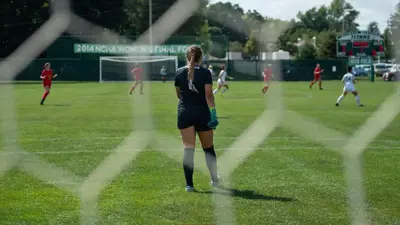Illinois needs to replace its byzantine public education funding plan one with a logical formula, Sen. Jason Barickman (R-Bloomington) said on a morning radio program hours before a hearing on the legislation on Thursday.
Speaking to WJBC’s Scott Laughlin and Patti Penn, Barickman said the Senate's Education Committee would be evaluating Senate Bill 1124, 500 pages of legislation outlining his proposal of funding based on data and internationally accepted best practices.
“Democrats will look at it, and they’re going to have some questions, but the feedback that I’ve gotten most recently has been very supportive,” Barickman said. “This is a good bill that will help solve a problem in our schools – in the way in which we fund our schools – and … even though it’s introduced by a Republican, this is designed to be something … that should attract Democratic votes.”
Barickman said Illinois spends between $6 billion and $7 billion a year on public education, but it is not clear how it determines how much money each school gets.
“The answer right now is impossible to defend,” Barickman said. “What I propose is that we use data and best practices to determine what schools get how much money. And by doing that, by tying it to data and best practices, we remove the politics from that equation, and we create a more logical conclusion for budget decisions.”
Barickman’s said he was confident in the legislation's bipartisan appeal. He has been working on the bill for two years and gained the support of many education stakeholders throughout Illinois, he said.
According to Barickman, while this type of funding system isn’t ubiquitous, it is has been successfully implemented in other states. In addition to giving taxpayers more clarity about how their money is spent, the bill would result in a more equitable way of divvying up state funding for schools and would remove politics from the equation, he said.
“What happens if we invest $300 million more in schools?" he said. "If you use the data and best practices [method], we will lower class sizes, we will provide an opportunity for your low income school districts and students to be lifted to another tier where they have a greater opportunity to receive an education that prepares them for the world-class environment that we expect them to compete in.”
Barickman also discussed the state's budget woes, characterizing the atmosphere in Springfield as toxic and noting the frustration lawmakers are feeling as a sign of how bad things have gotten. He said senators are working to come to an agreement that can garner the necessary support of 30 in their chamber, but bipartisan negotiations have not been successful.
WJBC host Laughlin pointed out that some school districts have said they will have to close by Thanksgiving if the state doesn’t have a budget in place.
“I think there will be some who close earlier without a budget,” Barickman said. Come this summer, schools are going to make choices about how they’re going to operate this fall, and absent a budget this summer, I don’t know how they can plan for hope, you know, for a Hail Mary that may result. I think they’re going to start making plans for the fact that Springfield may not have a budget, and you’re going to see a lot of chaos from that.”
.jpg)




 Alerts Sign-up
Alerts Sign-up